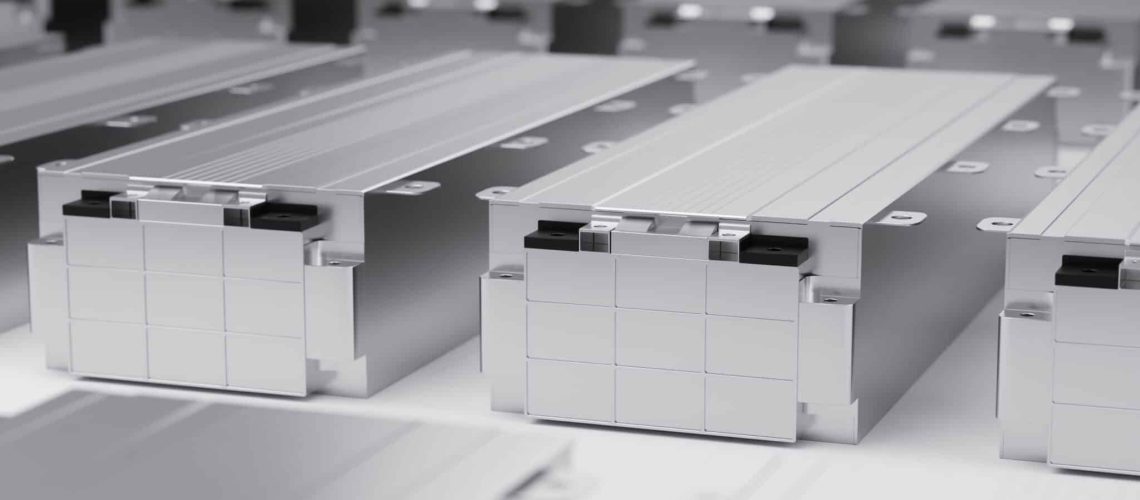24V vs. 12V Lithium Batteries: What’s the Difference?

Figuring out which battery pack best serves your needs can be challenging. You may notice similar battery options with different voltages. The difference between 24V and 12V lithium batteries is not readily apparent, but BigBattery is here to sort things out for you.
What Do These Voltages Mean?
Regardless of the number, the voltage on your battery pack refers to the maximum voltage and power in the pack. The battery may list the “Ah” rating, or ampere per hour. So, a battery with 200 Ah will put out a different amount of power in wattage depending on its voltage. For example, a 12V 200 Ah battery will put out 2400 watts in an hour, whereas a 24V 200 Ah battery will put out 4800 watts in an hour.
Benefits of a 12V Battery
When looking at the difference between 24V and 12V lithium batteries, it’s a good idea to understand their benefits. Many people assume the 24v battery is stronger overall, but 12V batteries have distinct advantages you don’t get from a higher voltage. For instance, many cars, RVs, and appliances work safely and more efficiently on 12V power. In particular, this voltage is safer when operating on DC circuitry.
Benefits of a 24V Battery
A distinct advantage of 24V lithium batteries is saving money and effort on additional wiring and connectivity to get the same amount of power from multiple 12V batteries. These batteries are ideal when storing large quantities of energy, like what goes into a solar-powered system. Additionally, 24V batteries require less maintenance than 12V batteries due to their longevity.
If you want to go camping and need a 12-volt lithium RV battery, BigBattery has everything you need. We’ve got you covered no matter what size or style of battery you need for campers, forklifts, or solar-panel systems. Check out our helpful blogs or contact us anytime to speak to a certified representative and learn more about the different styles of batteries and their primary applications.
Show off Your Power System!
Submit photos, videos, and a description of your BigBattery setup for a chance to be featured on our Blog and in our Newsletter!
Thank you again for choosing BigBattery and we can't wait to see what you've built!
Thank you again for choosing BigBattery and we can't wait to see what you've built!
Members With





